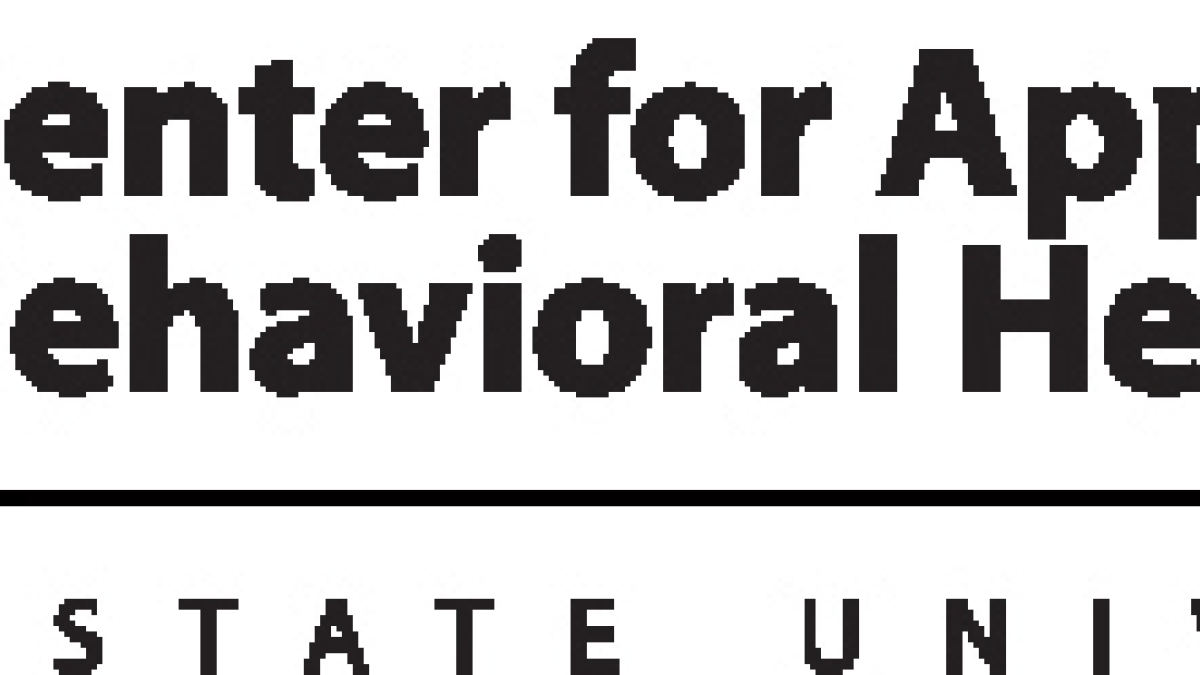ASU partnership to expand peer-delivered services in behavioral health sector

The Arizona Department of Health Services/Division of Behavioral Health has recently awarded a two-year contract to Arizona State University to coordinate a Peer Career Advancement Academy. The purpose of this academy is to provide advanced training and educational opportunities to certified peer specialists.
Peer specialists are individuals in recovery from mental illness and/or addiction who are employed by behavioral health care providers.
“People who have achieved and sustained recovery from mental health and substance abuse conditions are powerful supports for individuals seeking their own path to recovery,” says Kathy Bashor, bureau chief for the Office of Individual and Family Affairs, Division of Behavioral Health.
“Nowhere else in the U.S. is an innovative program like this available,” she says. “It gets individuals out of the system and into providing services.”
ASU’s Center for Applied Behavioral Health Policy will be coordinating this new initiative. Over the course of the next two years, the design of the Peer Career Advancement Academy will be finalized, and training tracks implemented for health and wellness coaches, special assistance advocates, housing support and supported employment specialists.
“One of the most powerful outcomes of peer support is that it has a mutual benefit. Peers not only help someone else, they help themselves,” says Vicki Staples, associate director for clinical initiatives for the center, which is part of the School of Social Work in the College of Public Programs.
“We are expanding opportunities for people in the community, and know that we’ll need to provide additional peer-delivered services in these areas,” says Staples.
Peer support services have been shown to facilitate recovery and reduce health care costs. Findings from Klein, Cnaan and Whitecraft (1998) on the use of peer support have documented reductions in hospitalizations, improved social functioning, reduced substance use and improved quality of life. Research has shown that peer support plays a part in reducing the overall need for mental health services over time. Peer support has also demonstrated outcomes in the areas of parenting, loss and bereavement, cancer and chronic illnesses.
“This is a great collaboration between state agencies, building a program from the ground up with community input,” Staples adds. “Ongoing community support will be critical to its future.”
For more information about the ASU Peer Career Advancement Academy, contact Vicki Staples at vicki.staples@asu.edu.

